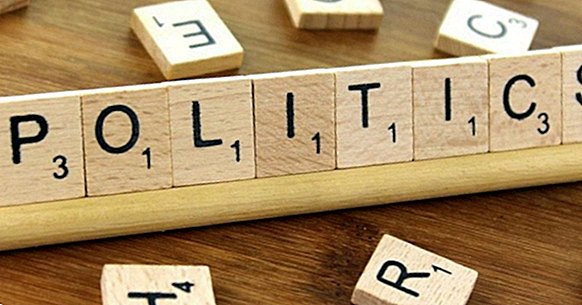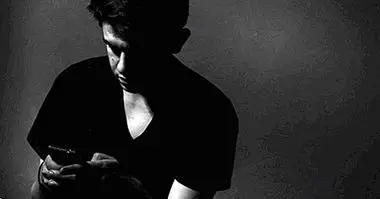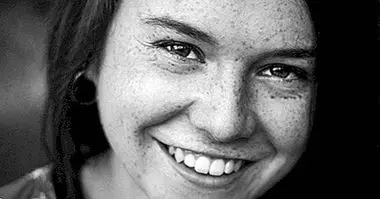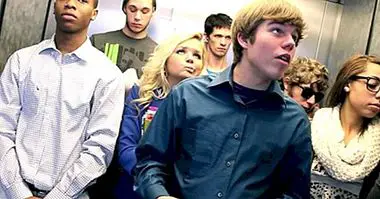Public policies: what they are and how they regulate our social life
One of the most basic and at the same time most complex processes of the political and administrative systems is the decision making. It involves, among other things, defining problems and finding possible solutions. Likewise, it involves different needs, interests and explanations related to social phenomena. Ultimately, the complexity lies in finding a way to "significantly alter the way in which collective problems are faced" (Dente and Subirats, 2014).
In the public sphere, decision making can be made visible in the design and implementation of strategies that directly impact situations defined as a collective problem. The latter is what is defined as "public policy" , concept that we will develop in an introductory way in this article.
- Related article: "The 5 differences between social psychology and community psychology"
What's public politic?
The word "politics" is a term that has its origins in the most classical traditions of philosophy and that can have many definitions, according to the purpose of its use. The most modern definitions refer to the issues that have to do with the exercise of power . And in this sense, the term is also related to the intention to solve collective problems, which, in turn, links the powers and public expenditures with everyday life.
If we also understand the "public" as a common space, where both conflicts and solutions are generated , we can say that a "public policy" is a set of objectives, decisions and actions carried out by a government to solve problems that are considered priorities in a particular context (Tamayo, 1997). Some examples of public policy are the set of measures that are implemented to manage health, education, culture, sports, among others, and the costs and benefits that this entails.
In this sense, Public decisions and public policies are strongly related elements , but they do not refer to the same process. The second is a much more extensive mechanism, and that is composed of different decisions.
- Maybe you're interested: "What is Political Psychology?"
The cycle of construction of public policies
The set of objectives, decisions and actions that make up a public policy is carried out through a complex process that starts with the detection of a problem. The latter has to be important enough to give it more or less immediate political and governmental attention. That is to say, to place it on the government agenda , and in this way, begin to propose different solutions that significantly impact the problematic situation.
The process of making public policies then follows different phases, which have traditionally been divided as follows: definition of the problem, design of alternative solutions, decide on an alternative, implement it, evaluate the results obtained.
About the analysis process
As we have seen, public policy is the set of actions that are put in place to solve a collective problem, previously identified. Hand in hand with this, we can talk about another process: the analysis of public policy, which occurs when the scope and results of the actions that have been launched are evaluated . Or, when evaluating the objectives, the performance of the different actors, the networks that were generated, the means that were used, among other elements of the process of carrying out a specific policy.
Being the result of a process, the isolated phases of the creation of public policy have no sense or effectiveness in themselves, but in relation to others, which becomes visible precisely in the analysis. For example, it is possible to make a definition and an adequate detection of a problem, but err when implementing the solution . Or it may happen that there is an adequate implementation plan, without there being a well-defined problem, or without the implementation plan corresponding to the real problem.
For all the above, the concept of public policy can also be understood as a term that is operative for analysts, although, due to the complexity of each of the phases that we have described previously, only the start-up of each one corresponds .
Who makes them? Government and citizen participation
The processes through which decisions are reached in public policy are closely related to the activity of different actors, as well as to the a plurality of needs and interests .
Originally, and in many contexts, the process of making public policy was a task reserved for political powers and specialized people. That is, for one or several actors considered competent to start any of the phases that make up the public policy process.
However, given that specialized actors often turn out to be oblivious to the problem and the impacts of their solution, the process of design, implementation, evaluation and analysis has recently moved towards more participatory mechanisms, which include the people who they will be affected by the policy in question. The latter has caused that the processes of creation of public policies acquire a complex nature regarding decision making , where several illusions may arise about the participation of different actors.
In very general terms, participatory processes have emerged after recognizing that the government, traditionally responsible for carrying out public policies, as well as "politics" itself, are nothing more than a group of people and institutions with political and legal powers to make decisions, that impact the common spaces. With this, the people who are also part of these spaces can be considered as competent in political terms.
Bibliographic references:
- Dente, B. and Subirats, J. (2014). Public decisions. Analysis and study of decision processes in public policies. Editorial Ariel: Barcelona.
- Tamayo, M. (1997). The analysis of public policies. In Bañón, R. and Carrillo, E. (Eds.). The new Public Administration. Alliance University: Madrid.



















